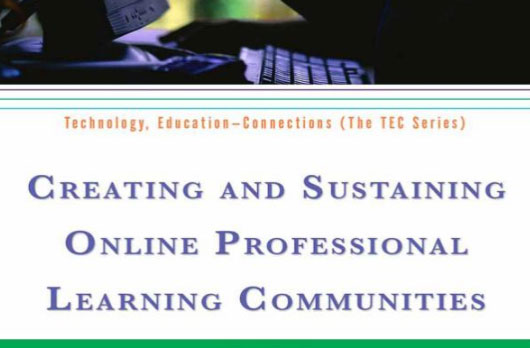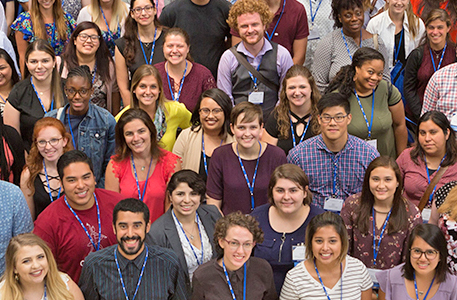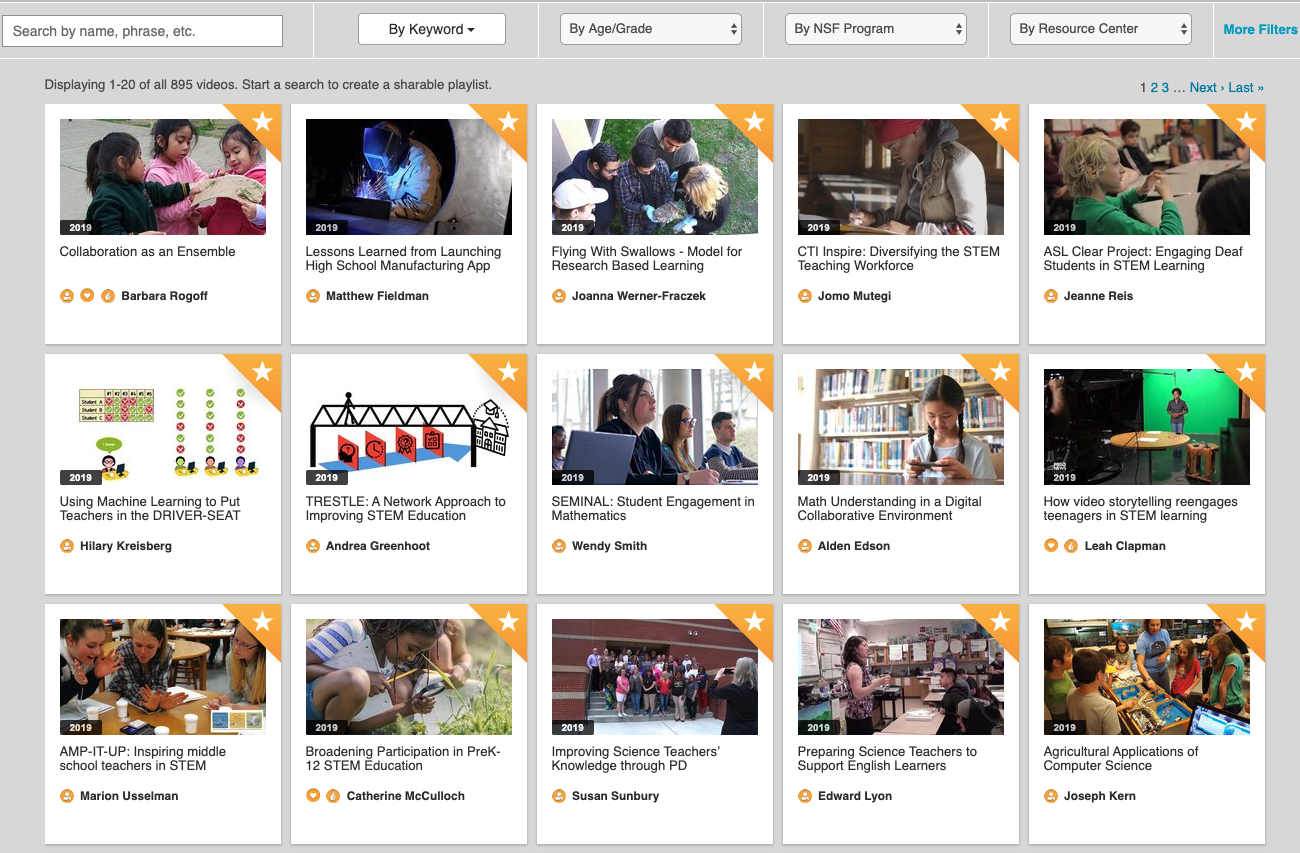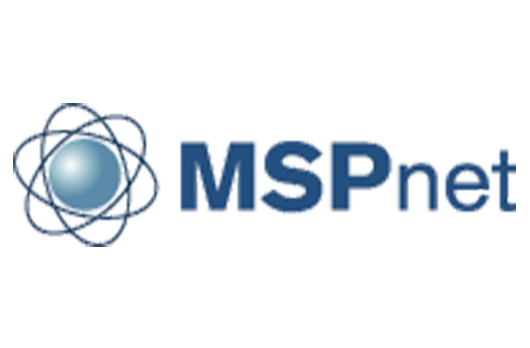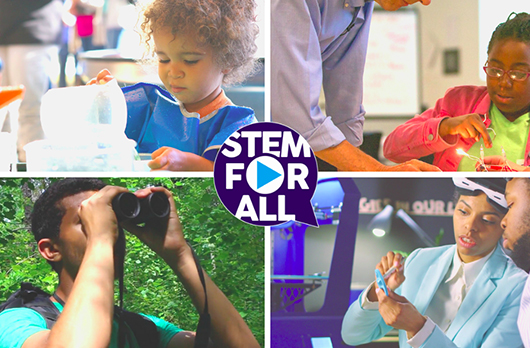Center Leader (Center for School Reform) - Retired
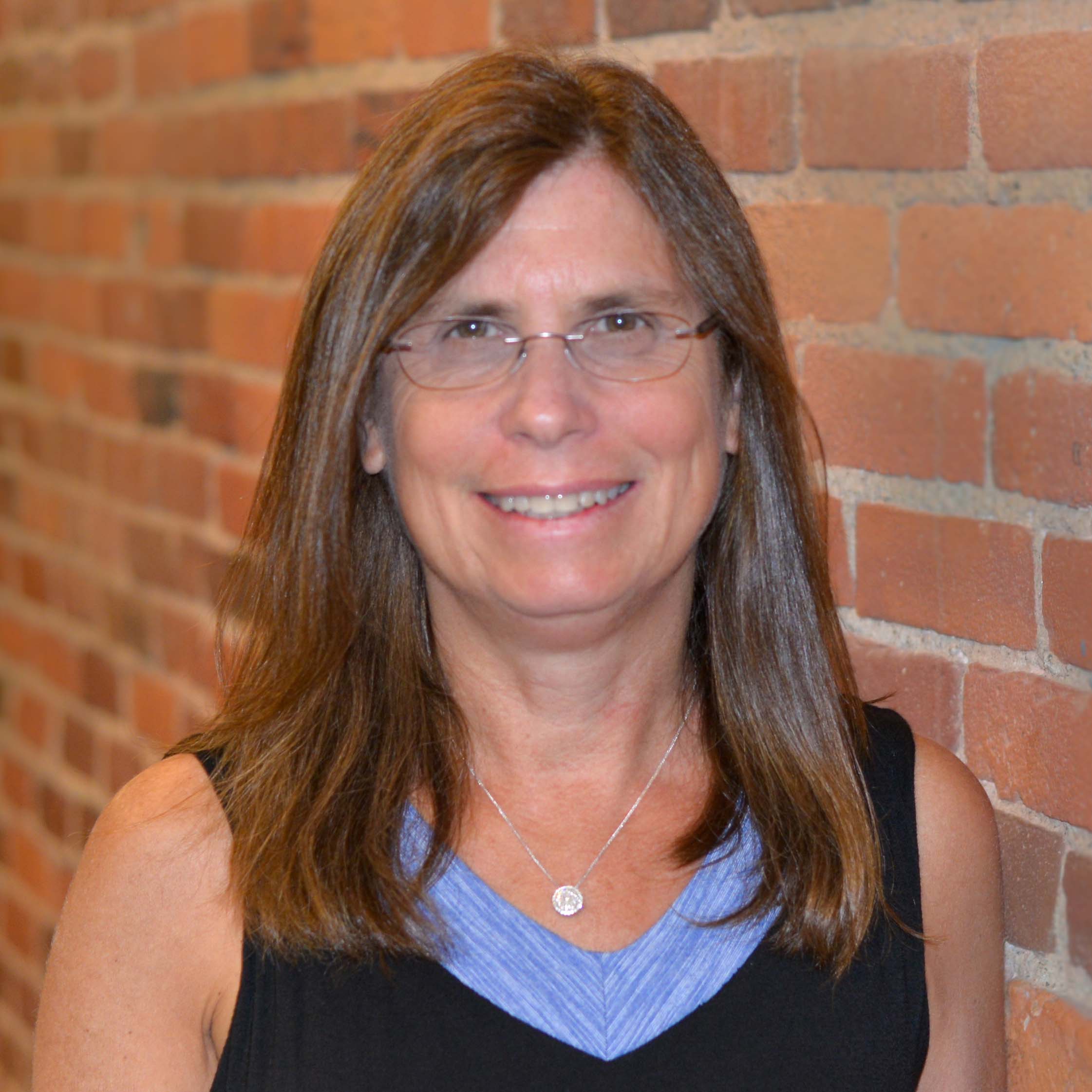
Program/Areas of Interest
Electronic communities of practice; Science inquiry in middle school; Technology that supports science education; Systemic reform
Biography
Before retiring, Joni co-directed the Center for School Reform at TERC, a nonprofit research and development institution aimed at improving mathematics and science teaching and learning. The Center had multiple projects researching the teaching and learning of STEM, creating and facilitating electronic communities, developing new science curricula, and implementing teacher development programs.
She has created of communities of practice and collegial networks to facilitate knowledge sharing across multiple communities. She is especially interested in the use of video, paired with facilitated discourse, to facilitate broad outreach and dissemination of innovative ideas aimed at improving STEM teaching and learning. The platforms that she and her team have developed, provide a mechanism for researchers and educators to share and offer feedback on new initiatives, share promising practices, challenges encountered, and mechanisms to measure impact.
Joni was Principal Investigator of the STEM Teacher Leadership Network (STEMTLnet.org), the STEM for All Video Showcase (stemforall2020.videohall.com) and the STEM for All Multiplex (Multiplex.videohall.com) all funded by the National Science Foundation.
Highlighted Publications
MSPnet: Design Dimensions for Nested Learning Communities Joni Falk and Brian Drayton ; Joni Falk and Brian Drayton (eds.) (2009) Creating and Sustaining Online Professional Learning Communities . New York: Teachers College Press. 175-203.
State Testing and Inquiry-Based Science: Are They Complementary or Competing Reforms? Joni Falk and Brian Drayton (2004) Journal of Educational Change 5 (4) . 344-387.
Structuring a Virtual Conference to Facilitate Collaboration and Reflective Dialogue Joni Falk ; Joni Falk and Brian Drayton (eds.) (2009)Creating and Sustaining Online Professional Learning Communities . New York: Teachers College Press. 175-203.



